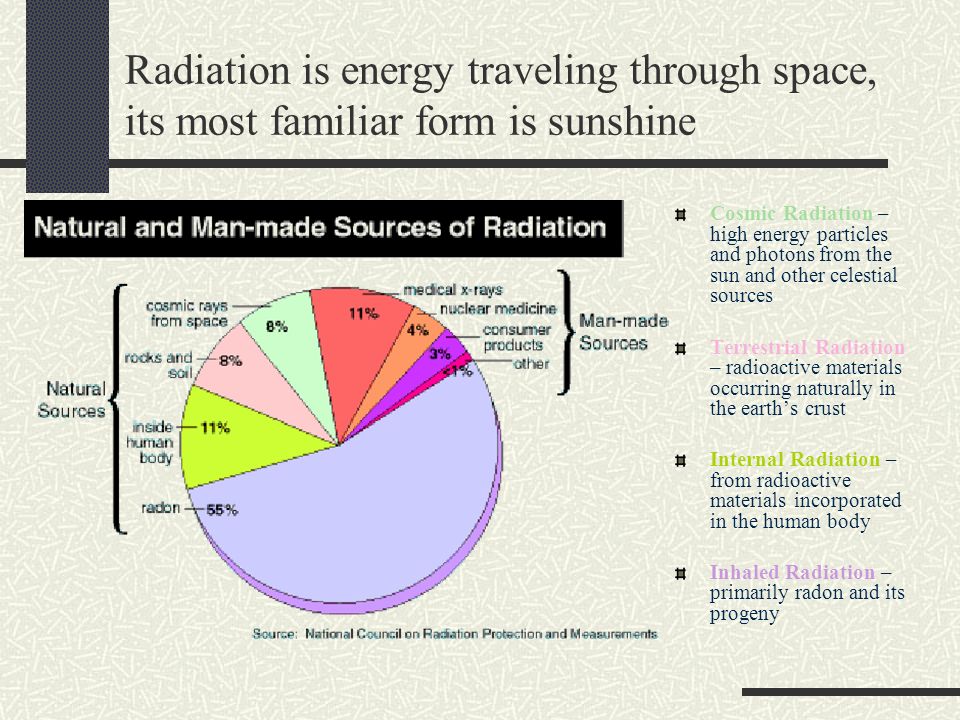Introduction
This highly-interactive training course will provide you with all the necessary information and abilities to successfully understand both ionising and non-ionising types of radiation materials and, how to effectively manage these radiation materials safely and with confidence to ensure personnel health and safety and/or to prevent potential environmental impacts.
Most business sector (industry, commercial and service) organisations use, store and dispose of radioactive materials within their normal day-to-day business activities, these business sectors include:
- Oil and gas industry (offshore and onshore facilities)
- Medical facilities (hospitals and clinics)
- Service industries (laboratories, etc.)
- Manufacturing companies
- Plus, many other business sectors
Personnel need to be fully informed, trained and monitored to ensure they are not exposed to radiation materials during their work activities and/or when using, storing or disposing of radioactive sources.
This course will develop your ability to critically assess exposure risks associated with the use, storage and disposal of radiation materials, at all stages of administrative, operational and laboratory activities.
This course will highlight:
- The various types and harmful properties of ionising and non-ionising radiation
- The importance and how to effectively carry out radiation exposure assessments
- Understanding key radiation safety management and protection principles
- The biological effects of radiation exposure to the human body
The entire course topics covered on this course is applicable for compliance with the regulation bodies’ requirements.
Objectives
The objectives of this course are to ensure you gain detailed information and competency for safely managing radioactive sources and materials in the workplace. This course has the following key objectives for radiation safety management:
- Ionising Radiation Fundamentals
- Key Concept of Radioactivity & Protection Principles ( ALARA)
- Biological Effects of Ionising Radiation
- Radiation Measurement and Monitoring
- Working Procedure in Handling Irradiation Apparatus and Radioactive Materials
- Safety Working Procedure in Industrial Radiography, Norm/Tenorm and Gauging (Related to Oil & Gas Industry)
- Transportation of Radioactive Materials
- Management of Radioactive Waste
- FANR Regulations
- IAEA Safety Guideline & Standards
- Plan and Procedures for Radiological Emergency
- Radiation Safety and Security
- Radiation Protection Regulation and Regulatory Requirements
- Radiation Protection Organisation and Programme
- Radiation control standards and procedures
- Radiation exposure assessments
At the end of this seminar, you will learn to:
- How to carry out radiation exposure Survey & Assessments
- How to define the two types of radiation
- How to determine the Biological effects of radiation exposure on personnel
- How to develop and implement radiation control procedures
- How to transport, transfer and dispose of radiation materials
- Understanding Radiation Units & Fundamental of Measuring, Monitoring for Site, Facilities & individuals
- Putting ALARA in Practices
- Role of RPO & Employees
- Handling Radiation Emergency & Developing ERP
- Radiation Risk Management
- Understand the IAEA Standards and CoP
- Understand UAE – FANR Radiation Protection Legislations/ Regulations
Training Methodology
Delegates will learn by active participation through inspiring presentation tools and interactive techniques presented in a lively, enthusiastic and interesting style. Delegates will take part in practical team exercises, typical case studies and open discussion forums, as related to their own organisation’s operational activities.
- Participative lectures
- Demonstration/Role play
- Group discussion
Organizational Impact
By successfully managing radiation safety an organization will ensure they effectively control radiation exposure risks and, therefore will protect their business reputation. The organisational impact will be:
- Staff being able to critically assess and control risks from radioactive materials
- Improved safe control of radiation material use, storage and disposal
- Prevention of radiation exposure to personnel and/or damage to environment
- Efficient development of practical in-house radiation protection standards and procedures
- Prevention of potential radiation incidents to personnel’s health and/or the environment
- An increased business reputation as a health and safety leader
Personal Impact
Course participants will learn how to effectively assess and safely use, store and dispose of radioactive materials using proven risk and safety management techniques and personal skills. The personal impact will be:
- Understanding the key components and harmful properties of radioactive materials
- Gaining skills and improving confidence in using, storing or disposing of radioactive materials
- Learning how to implement a safety management radiation protection programme
- Understanding and evaluating exposure risks with the types of radioactive materials
- Increased knowledge in evaluating personnel radiation exposure risks and biological effects
- Understanding the benefits of successfully controlling risks from radiation materials
Who Should Attend?
This course is suitable to a wide range of professionals but will greatly benefit:
- Radiation Protection Officers (RPO) and Supervisors (RPS)
- HazMat Manager/ Supervisor/ Officers
- HSE Manager / Supervisor/ Officers
- Any person want to be Certified RPO
- Radiologist, Medical Physicist, Lecturer and Researcher
- Radiographer , X-ray Operator and Nurse
- Radiation Worker and Laboratory Personnel
- Those who involve directly or indirectly in the use of ionising radiation
- All workers occupationally exposed to radiation
- Procurement and supply chain managers
- Engineers and maintenance personnel
- Other personnel involved in using, storing or disposing of radioactive materials
- Those who want to learn about radiation safety
SEMINAR OUTLINE
DAY 1
Fundamentals of Radiation Safety
- What is radiation?
- Types of radiation sources (ionising & non-ionising)
- Fundamental of Ionising Radiation
- Type, Characteristics & Sources of Ionising Radiation
- Understanding risk from radiation
- Man-Made radiation materials
- Application of Ionising Radiation
- Case study & video of Chernobyl Nuclear Disaster
DAY 2
Effects of Radiation on the Human Body
- Units of radiation exposure and dose concentrations
- Biological Effects of Ionising Radiation
- Principles of Radiation Protection ( ALARA )
- Categorising radiation exposure effects
- Exposure to radiation (acute & delayed)
- Dose Limits of acceptable radiation exposure
- Case study & video of Fukushima Nuclear Disaster
DAY 3
Radiation Exposure Risk Assessment
- Measurement Instrumentation (Dosimeter & Dose-meter)
- Radiation Safety & Security Controls (Internal & External)
- Key exposure assessment elements
- Determining potential radiation exposure pathways
- Identifying radiation exposure and short and long term effects
- Evaluating exposure duration and concentrations
- Estimating radioactive chemical and/or particulate impacts
- Case study: Assessment of work task using radioactive material
DAY 4
Radiation Management & Control Procedures
- IAEA Standards and CoP
- UAE- FANR Radiation Protection Regulations
- Security of radioactive materials
- Radiation exposure monitoring and detection methods
- Radiation protection solutions (time, distance & shielding)
- Laboratory radiation safety processes
- Radiation precautions and safety procedures
- Classification of Working Areas
- Transport of Radioactive Materials (DOT, UN, IAEA, IATA)
- Exercise: Developing radiation material storage & handling procedure
DAY 5
Radiation Management Principles
- Radiation Protection Management System Structure
- RPO Responsibilities
- Radiation Emergency Response Plan
- Waste disposal of radioactive materials
- Transport and transfer of radioactive materials
- Safe procurement and quarantine of radiation materials
- Review and discussion of visual wall map (as developed step-by-step during course)
- Multi-Choice Assessment of course subject and topics
- Close of course

